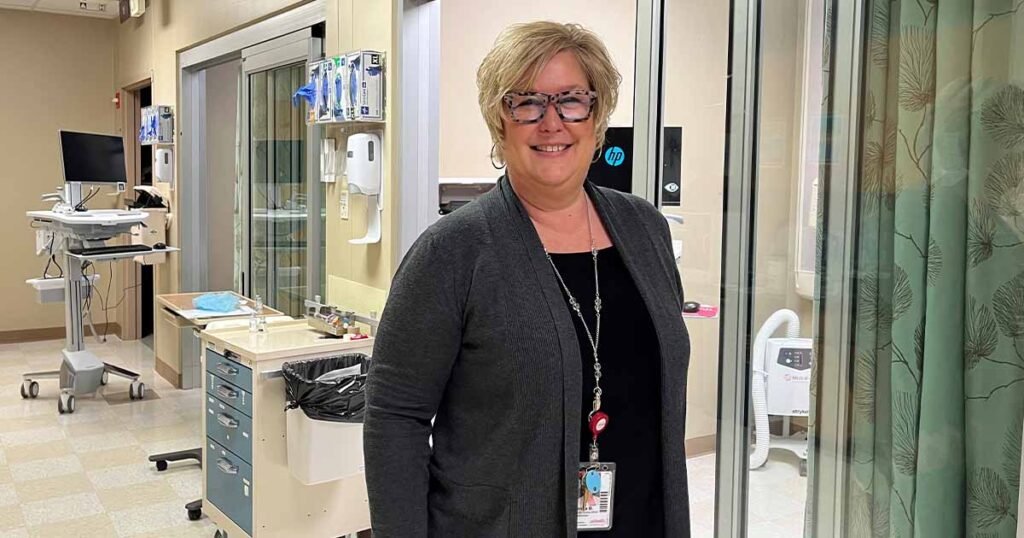Healthcare is a constantly evolving field that presents numerous opportunities to enhance processes, address concerns, and provide exceptional care experiences for patients. It is a vital aspect of the healthcare industry and a key driver for professionals working in this sector.
THE CHALLENGE
Surgery is a common medical procedure that many individuals undergo in both inpatient and outpatient settings. According to a recent study, over 11% of respondents reported having had surgery in the past year. While healthcare professionals are accustomed to surgical procedures, patients often experience fear and anxiety surrounding surgery.
Anita H. Becker, DNP, RN, Chief Nursing Officer at UCHealth Yampa Valley Medical Center, recognized the need to improve the patient experience, reduce anxiety, and enhance psychological readiness for surgery. Through routine pre- and post-operative follow-up interactions with patients, concerns regarding surgical readiness emerged as a common theme. This feedback prompted the hospital to focus on addressing psychological readiness as a strategic priority.
PROPOSAL
To address these challenges, the hospital collaborated with Chris Whelchel, founder and CEO of HealthTok, a healthcare consulting firm. Leveraging AI tools and ambient technology, they were able to collect and analyze data from patient interactions, gaining valuable insights into patient needs and concerns.
The integration of AI tools allowed the team to capture data, tone, and themes from focus group discussions rapidly. This data-driven approach helped the staff understand patient needs better and develop tailored solutions for enhancing psychological readiness for surgery.
MEETING THE CHALLENGE
The focus group discussions highlighted the importance of increased caregiver involvement in pre- and post-operative care, as well as the unexpected need for pet care during the surgical period and recovery. By utilizing AI-generated flowcharts, summaries, and task lists, the hospital was able to implement new communication protocols and optimize existing EHR tools to improve patient experience.
As a result of these initiatives, the patient experience scores in Quarter 3 reached 100%, reflecting the positive impact of the new workflows and tools on patient care. The hospital continues to refine its processes based on patient feedback and data-driven insights to ensure ongoing improvement in patient experience.
ADVICE FOR OTHERS
Becker emphasizes the importance of choosing experts with healthcare experience when leveraging AI tools. Clear project goals, data quality, scalability, and regulatory compliance are essential considerations when implementing AI solutions in healthcare settings. Patient trust and experience should also be prioritized, with transparent communication and feedback mechanisms in place throughout the process.
By adopting a strategic and patient-focused approach to AI integration, healthcare organizations can enhance operational efficiency, improve patient experience, and drive meaningful change in their processes. Embracing AI tools responsibly and ethically can lead to significant benefits for both healthcare providers and patients alike.
In conclusion, the successful integration of AI technology in healthcare settings demonstrates the potential for innovation and improvement in patient care. By leveraging AI tools effectively, healthcare organizations can achieve operational excellence and deliver enhanced patient experiences across all facets of care delivery.


